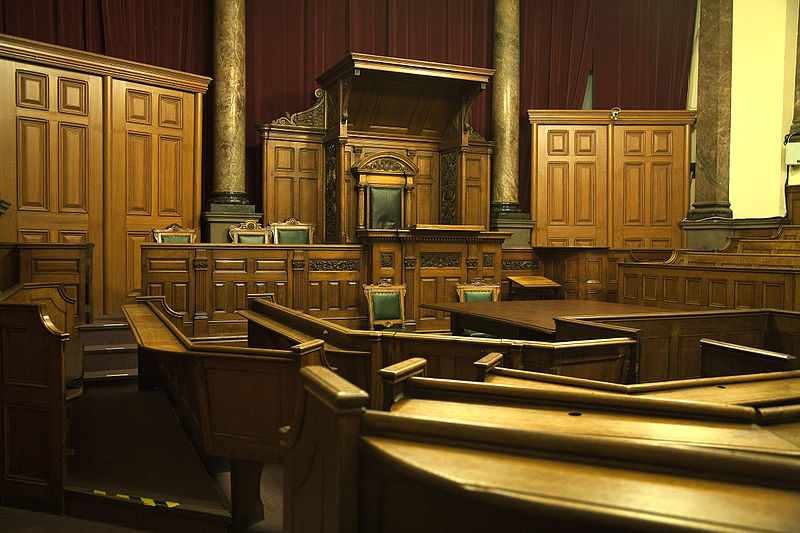Michael Thomas, a wide receiver for the New Orleans Saints, is suing his landlord for over $1 million regarding a 9,800-square-foot house he rented in Bel Air, California. The house had six bedrooms, eight bathrooms, a gym, and a pool, and Thomas committed to rent the property for $60,000 per month for two months during the NFL’s offseason. Thomas reportedly moved out of the rental property after multiple maintenance issues with the pool, garage, and kitchen appliances as well as repeated, unannounced visits by his landlord in violation of California law, which requires a landlord to give “reasonable notice” before entering the property. After paying $120,000 for two months’ rent as well as a $60,000 security deposit, Thomas now seeks more than $1 million in damages from the landlord, claiming the issues ruined his offseason training. Thomas claims the issues, including the landlord’s refusal to return his $60,000 security deposit upon the conclusion of the lease term, constitute a breach of the lease agreement.
North Carolina landlord-tenant law, in contrast to the California law, has no provision regarding a landlord’s right to enter the leased property; therefore, a tenant is not entitled to notice prior to the landlord’s entry. However, the absence of such a law in North Carolina does not prevent a stipulation in a lease requiring a landlord to give notice to a tenant prior to entry. In addition, N.C. Gen. Stat. § 42‑42 requires the landlord to provide “fit premises” as articulated in the statute, which includes maintaining and promptly repairing “all electrical, plumbing, sanitary, heating, ventilating, air conditioning, and other facilities and appliances supplied or required to be supplied by the landlord,” so long as the tenant provides notification of needed repairs to the landlord in writing (except in emergency situations).
Further, the North Carolina Tenant Security Deposit Act permits the landlord, upon termination of the tenancy, to apply the tenant’s security deposit as permitted under N.C. Gen. Stat. § 42‑51, refunding any remainder to the tenant. However, regardless of whether any amount is applied or refunded, the Act requires the landlord to provide to the tenant a written itemization of any damage, along with the balance of the security deposit (if any), within 30 days after the tenancy ends and the landlord regains possession of the property. The Act further provides that if the landlord fails to deliver an accounting along with any remainder of the security deposit to the tenant, the tenant may file a civil lawsuit to require the accounting and recovery of the balance of the security deposit. If the landlord’s violation was willful, the landlord will lose his or her right to retain any portion of the tenant’s security deposit pursuant to the Act, and the tenant may recover additional damages resulting from the landlord’s noncompliance, including attorneys’ fees.
The attorneys at Lindley Law have significant experience assisting both tenants and landlords in maintaining or defending lawsuits related to issues with lease agreements and rental properties. If you need legal assistance regarding a lease agreement or rental property, please give us a call at 704-457-1010 to see how we can help. For more information regarding our attorneys and practice areas, please visit our website here.





